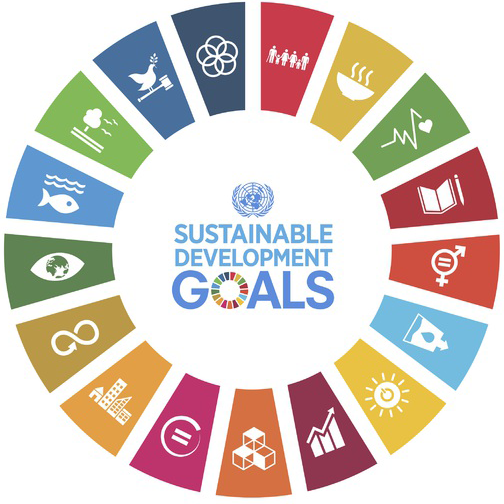 MIGRATION RELATED SUSTAINABLE DEVELOPMENT GOALS
MIGRATION RELATED SUSTAINABLE DEVELOPMENT GOALS
MADE West Africa partners are committed to monitor the implementation of the Sustainable Development Goals concerning mobility human trafficking, and remittances in the West African context.
Concretely, they examine progress made with regards to migratory aspects of SDG 8.7 “to take immediate and effective measures to eradicate forced labour, end modern slavery and human trafficking and secure the prohibition and elimination of the worst forms of child labour, including recruitment and use of child soldiers, and by 2025 end child labour in all its forms”, SDG 10.7 to “facilitate orderly, safe and responsible migration and mobility of people, including through implementation of planned and well-managed migration policies” and SDG 10.c to “reduce to less than 3%, by 2030, the transaction costs of migrant remittances and eliminate remittance corridors with costs higher than 5%”.
As a basis for this work, ICMC-Europe conducted a research on the six targeted countries of the program (Burkina Faso, Ghana, Guinea, Senegal, Sierra Leone, Togo); it consisted of both a review of literature, data and policy reports and the conduction of semi-structured qualitative interviews with civil society organisations, members of the West African diaspora in Europe, government officials and international organisation representatives.
The topics covered span from the relevance of the above-mentioned goals in the respective countries, concrete actions taken to achieve them, actors involved in their implementation as well as potential barriers the case countries face in their endeavour to accomplish the migration-related aspects of the global 2030 Agenda.
The assessment reveals that all six countries are strongly committed to the global development agenda, most visible through the integration of its narrative into local development strategies, but the governments seem to clearly prioritize goals with a focus on energy, environment and good governance over those on migration.
Notwithstanding the fact that all countries under research have taken one step or another to advance on the migration-related SDGs, discrepancies in the extent to which they have engaged are significant.
An analysis across countries and SDGs suggests that enhanced capacity building of national migration actors will be particularly important on the way towards the successful achievement of migration-related SDGs. There is a strong need on solid training and structured information exchange among government officials from interior, labour and development ministries on the implementation of migration-related laws and policies. Considering that the 2030 Agenda is a global framework, capacity building on the development of national indicators and evaluation mechanisms adapted to the local context will also be needed.